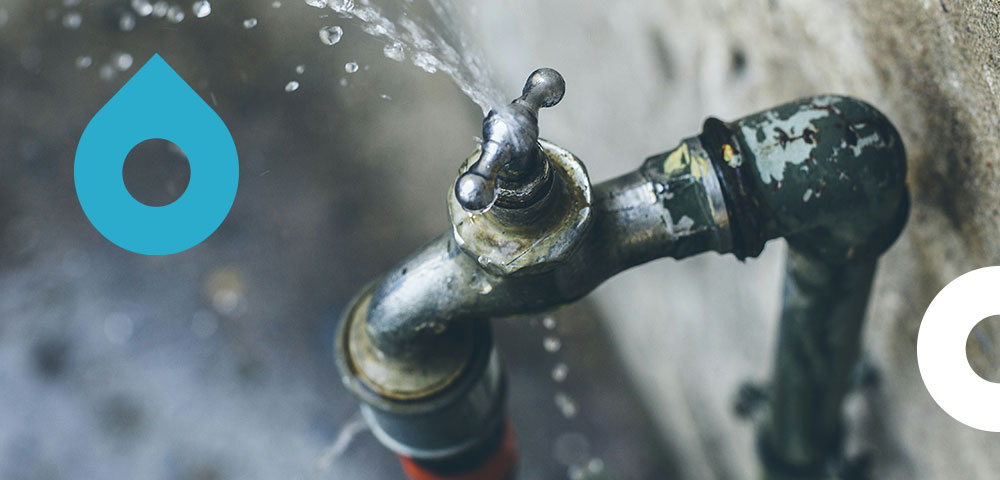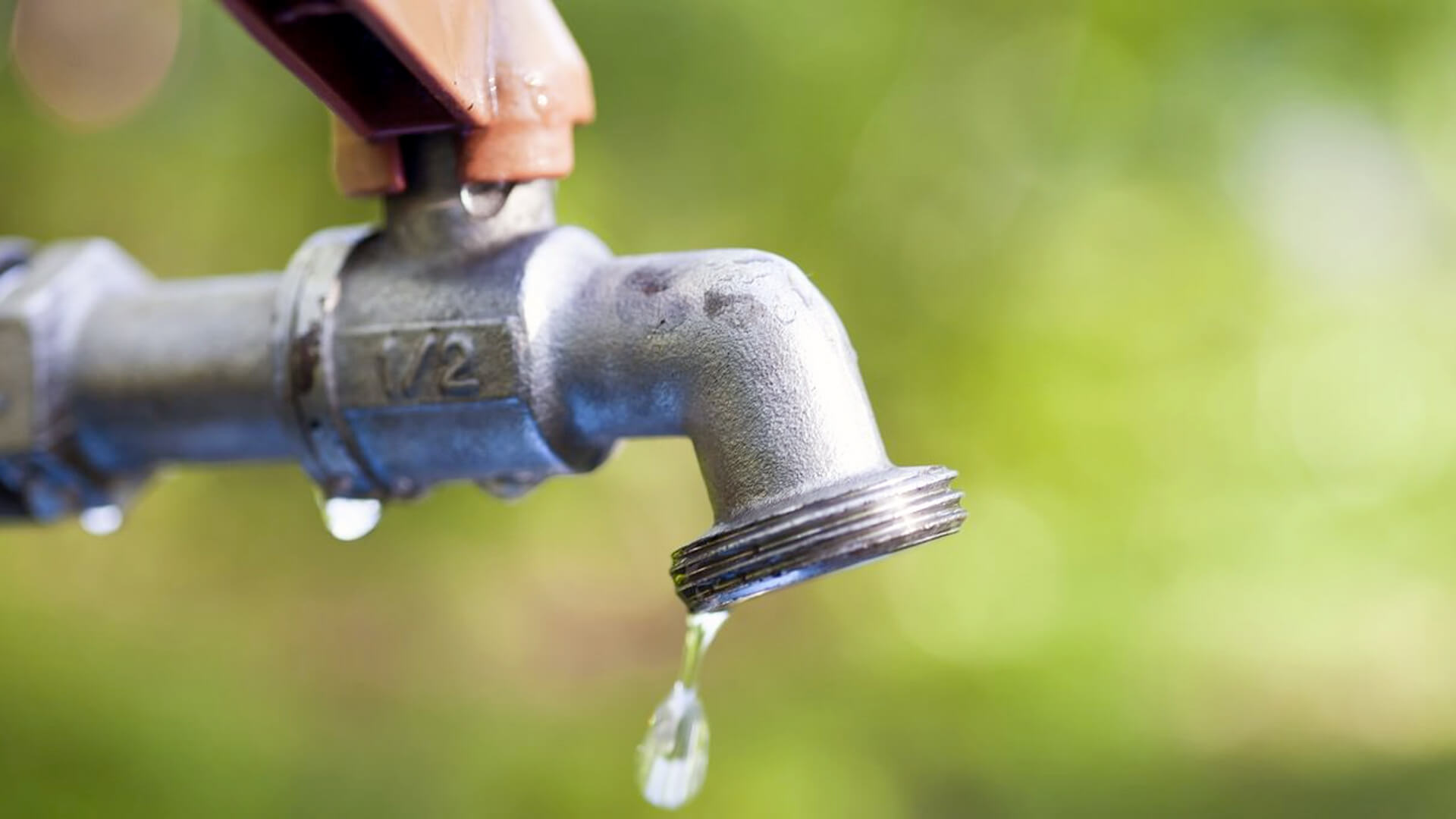The 5 Regular Water Leak Causes
The 5 Regular Water Leak Causes
Blog Article
The article author is making several good annotation relating to Where to Find Water Leaks in general in the content down the page.

"Beware of little expenses. A small leak will sink a terrific ship." - Benjamin Franklin.
He couldn't have been a lot more ideal since water leaks in our houses lead to a waste of resources, increasing our water costs. This boost could appear minimal at first, it can lead to significant costs that can break your financial institution. In addition to a boost in expenses, water leaks likewise trigger unwanted organic growth, architectural damage, as well as also electrical dangers.
If you have a water leak isn't constantly very easy due to being unable to see most of the pipework in your house, figuring out. However, If you have had an increase in your water costs lately, discovered water stains on ceilings as well as walls, scented lousy smell, etc. You might intend to consider asking for plumbing solutions to get it had a look at.
There are several causes of water leaks, and also we have actually compiled the typical factors listed below. Inspect to see if you have actually had associated concerns in your house lately.
Clogged drains pipes
Food particles, dust, and grease can create blocked drains pipes as well as obstruct the passage of water in and out of your sink. If undealt with, raised pressure within the rain gutters can create an overflow and also finish up splitting or bursting pipes. To avoid blocked drains in your home, we advise you to avoid putting bits away and routine cleansing of sinks.
High water pressure
You observed your house water pressure is more than usual yet then, why should you care? It runs out your control.
It would be best if you cared because your ordinary water pressure need to be 60 Psi (per square inch) as well as although your home's plumbing system is made to hold up against 80 Psi. An increase in water pressure can place a stress on your home pipes and also bring about cracks, or even worse, burst pipes. If you ever see that your home water pressure is more than common, get in touch with a specialist about managing it.
Corrosion
As your pipework gets older, it obtains weak and also more prone to corrosion after the frequent passage of water through them, which can gnaw at pipes and also trigger splits. A visible indicator of rust in your home plumbing system is staining and although this might be hard to discover because of the majority of pipelines hidden away. We advise doing a regular examination every couple of years and change pipelines once they are old to ensure an audio plumbing system
Damaged pipeline joints
Pipe joints are the components of our plumbing system where the pipelines attach. It is important to note that even though pipes are made to hold up against pressure and also last for a while, they weren't designed to last forever; therefore, they would certainly weaken over time. A typical sign of damaged pipe joints is excessive sound from faucets.
Damaged seals
An additional source of water leakages in houses is damaged seals of home devices that make use of water, e.g., a dishwashing machine. When such appliances are set up, seals are set up around water ports for very easy flow of water through the device. A broken seal can trigger leakage of water when in use.
With little or no understanding of plumbing, recognizing your residence's plumbing system sufficient to deal with several of these issues (without consequence) can be a problem. Connect with plumbing specialists in Pittsburgh, Divine Superintendence, Rochester, as well as environ today, and they'll make those concerns disappear.
He could not have actually been extra appropriate since water leaks in our homes result in a waste of sources, enhancing our water bills. If you have had a rise in your water bills recently, discovered water stains on ceilings and also wall surfaces, smelt lousy smell, etc. A rise in water pressure can put a pressure on your home pipelines and lead to fractures, or even worse, burst pipes. An additional cause of water leaks in houses is broken seals of house devices that make use of water, e.g., a dishwasher. When such home appliances are mounted, seals are mounted around water connectors for easy flow of water via the equipment.
5 TIPS IN DETECTING A WATER LEAK IN YOUR HOUSE
Water leaks can be hard to find in your home, yet they can be so common. We rely on water every day in our home, which is why a leak can cause big problems. By detecting them early, you can save money and further damage, getting the problem fixed as soon as possible. Here are 5 tips to help you detect a water leak in your home, so you can contact a plumber straight away and get the issue sorted.
Check your water meter
Many people underestimate the value of the water meter in their home. It can be one of the best ways to tell if you have a leak early on, so you can get on top of it before issues start arising. Start by turning off all the water in your home: taps, washing machine, dishwasher, etc. Now take a look at the meter – if it’s still changing with everything turned off, it’s likely you have a fast-flowing leak that you need to get on top of straight away. If nothing changes, then leave your meter for an hour or two and come back to it. Did it change in this time? It’s likely you have a slower leak, which isn’t as urgent but still handy to get fixed so it doesn’t become a bigger problem.
Keep an eye on your bill
Another good way to detect a leak in your home is by keeping an eye on your water bill. It helps if you have a past bill from the same period of time. You can compare like for like and determine whether your water usage has increased significantly. If it has, there may be a leak in your system that you haven’t picked up before. A professional plumber can check through all of your pipes and determine where it is coming from.
Look for damage
If you have a leak inside your home, you will notice damage over time. Take a look at your showers and bathtubs and note whether any of the tiles surrounding the area seem to be discoloured or damaged in any way. There may be water stains, mould or peeling material that has resulted from a build up of moisture over time. Make sure you take a look under sinks at the back of cupboards that don’t get accessed regularly. This is where damage can go unnoticed and build up over periods of time.

I'm just very curious about How to Find and Prevent Water Leaks in Your Home and I really hope you enjoyed reading the piece. Are you aware of someone else who is sincerely interested in the niche? Take a moment to promote it. Thanks a lot for your time. Don't forget to come by our site back soon.
Request An Estimate Report this page